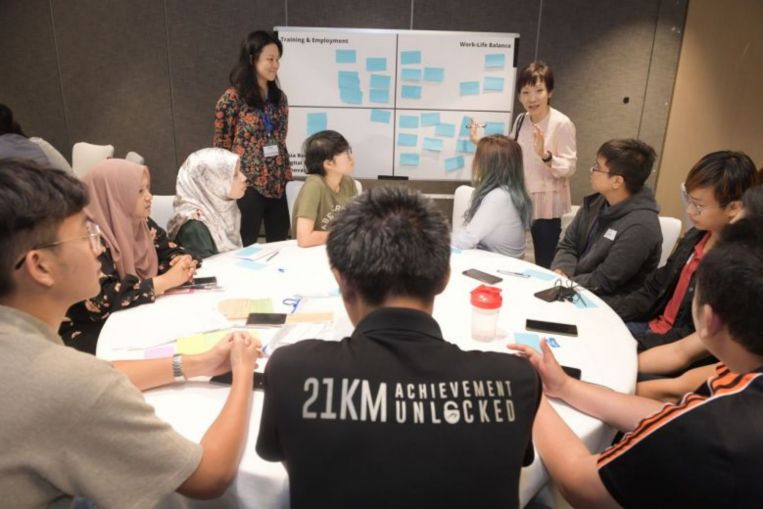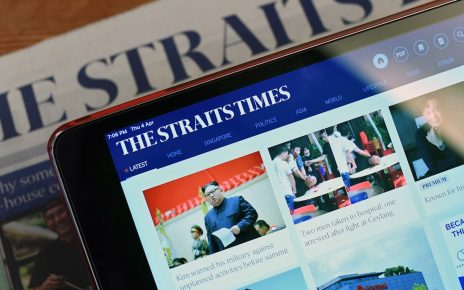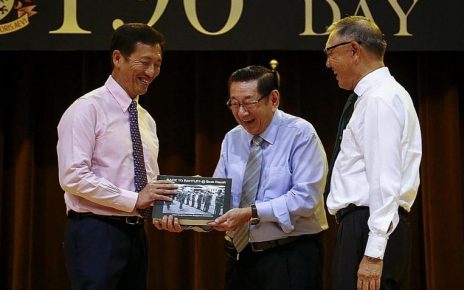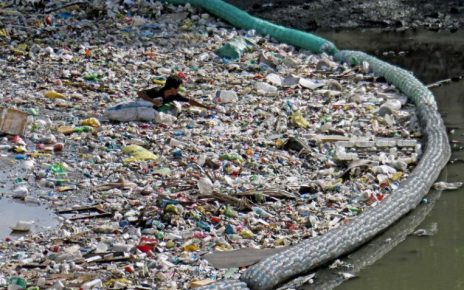
Young people with a dream to make a difference to the lives of Singaporeans will now have a chance to pitch their ideas to relevant government or industry agencies.
The best 12 ideas can each get up to $50,000 in grants to kick-start the projects.
Those with a cause to champion or a suggestion to make can take part in the Youth Action Challenge, a six-month programme organised by the Ministry of Culture, Community and Youth and the National Youth Council under the SG Youth Action Plan.
This was announced by Minister for Culture, Community and Youth Grace Fu yesterday afternoon.
Addressing 260 young people at the National Youth Council’s youth engagement session at Raffles City Convention Centre, she said: “If we want a better Singapore, we have to roll up our sleeves and do the work.”
Since last September, young people aged 15 to 35 have been working in teams, mentored by leaders from industries, communities and the Government, to come up with policy recommendations or ground-up initiatives.
The programme is in a competition format where more than 40 teams looking at three areas – the environment, societal issues, and jobs and the future of work – pitch their ideas to a panel of judges.
The 12 best teams will be selected as finalists to attend the Youth Action Challenge Summit in April, where they will pitch their ideas to 4G leaders, industry experts and key youth leaders to receive up to $50,000 each in grants to put their ideas into action. The other teams will receive grants of up to $5,000 each for their projects.
“Building a strong society is not something that the Government can do alone. The Government does not have all the answers,” said Ms Fu, who spoke about – announced by Deputy Prime Minister Heng Swee Keat in June last year.
At a session held separately yesterday morning at Temasek Shophouse in Dhoby Ghaut, young people pitched ideas on issues such as inclusivity for those with special needs, better support for young people at risk and forms of therapy to promote mental wellness.
Full-time national serviceman Ernest Wong, 22, was part of a group of five who spoke to the special needs community and found three areas – public transport, polyclinics and hospitals, and shopping malls – that could be more special needs-friendly.
The team’s suggestions include having a special needs-friendly MRT train cabin like those for the elderly, or priority queues at polyclinics and hospitals, as a key concern for many parents of children with special needs was that their children would disturb members of the public.



